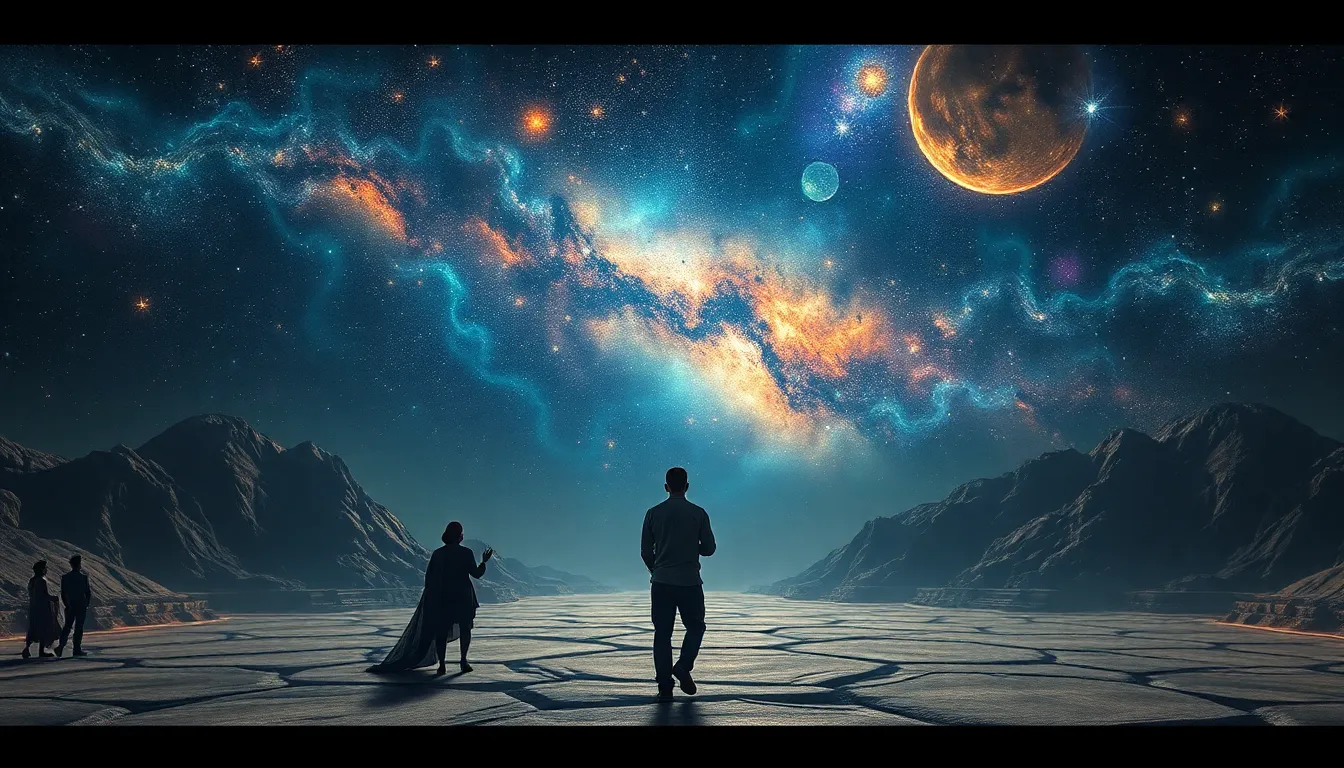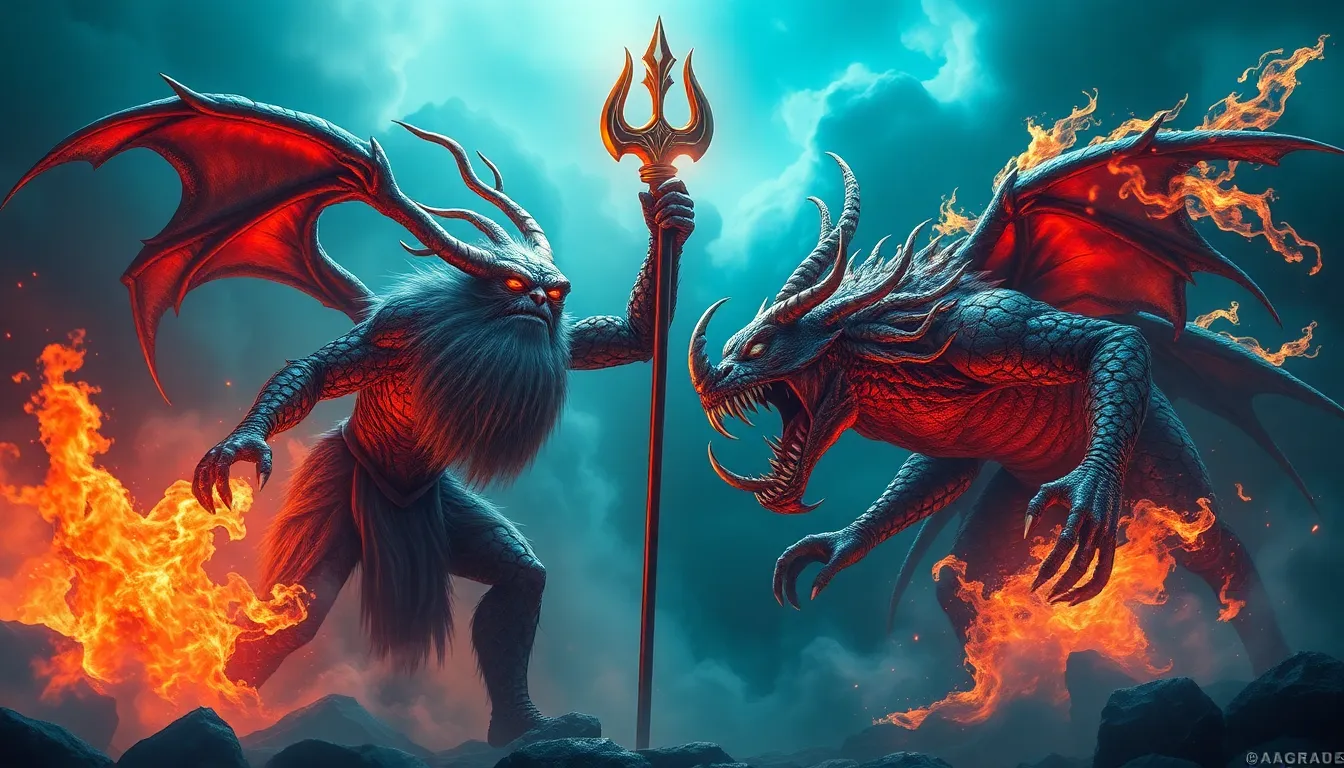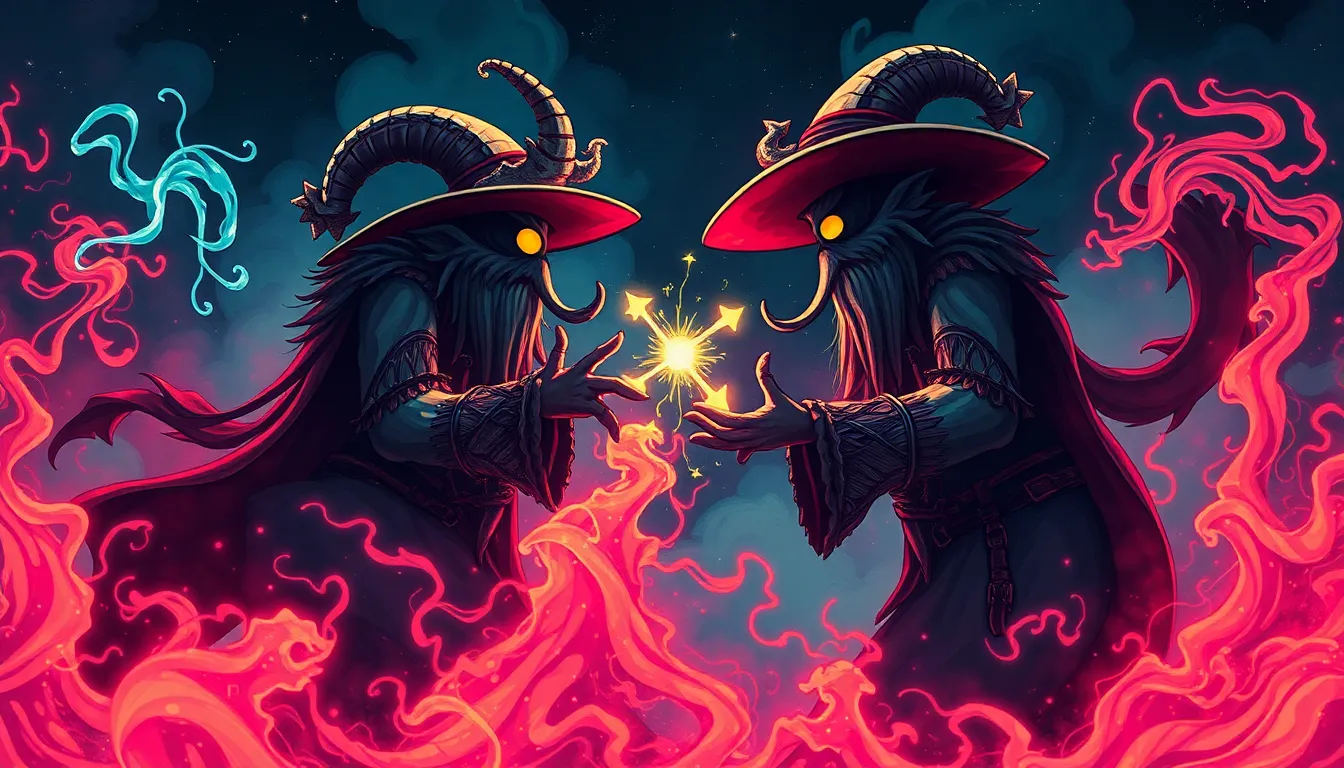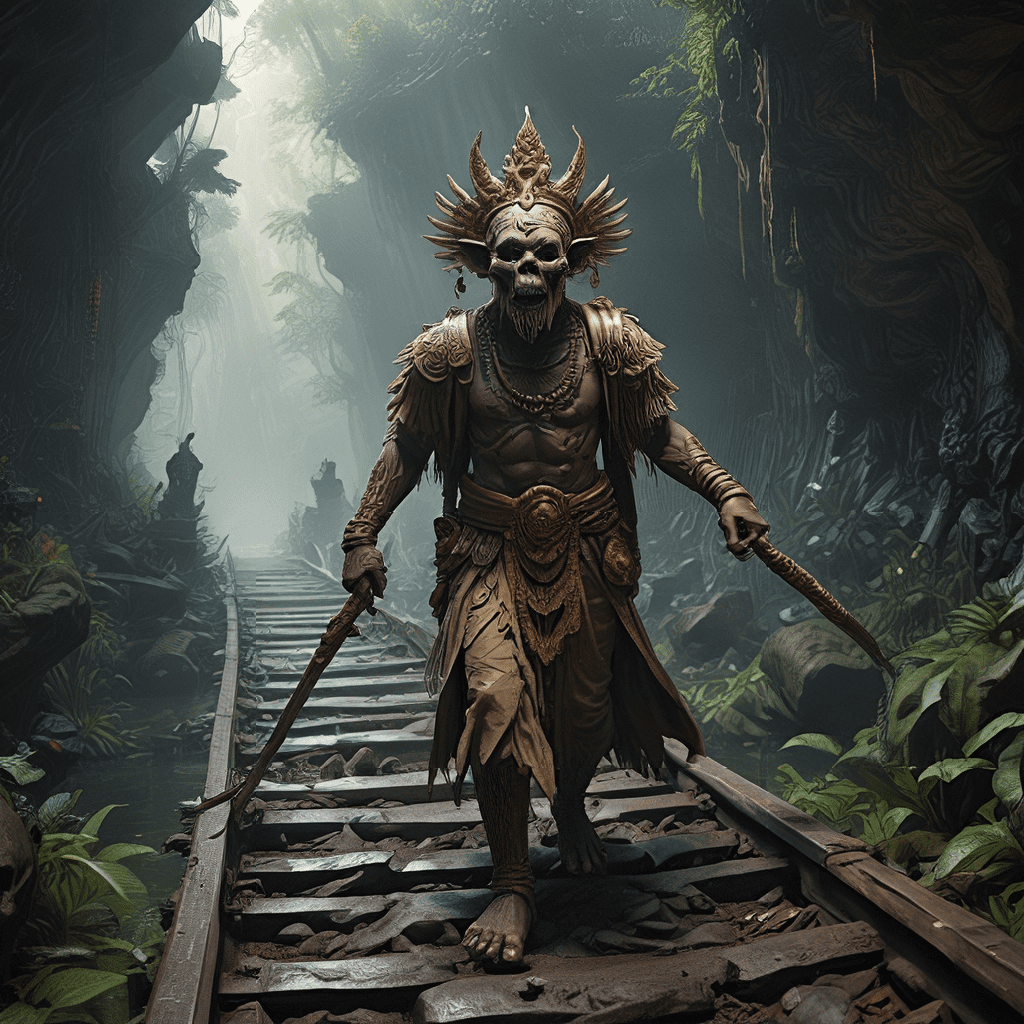The Cosmic Storytellers: How Myths Explain Our Origins
Introduction to Myths and Human Understanding
Myths are traditional stories that embody the beliefs, values, and worldviews of a culture. They serve as powerful narratives that connect individuals with their history, their identity, and the cosmos. Myths often delve into profound questions about existence, creation, and the nature of humanity. Through these stories, societies attempt to explain their origins, the mysteries of life, and the universe itself.
This article explores how myths function as a lens through which we examine our origins, offering insights into both our past and our present. By understanding myths, we can better grasp the narratives that shape human culture and identity.
The Nature of Myths: Stories that Shape Reality
Myths are characterized by several key features:
- Symbolism: Myths often use symbols to convey deeper meanings, allowing them to transcend literal interpretations.
- Universal Themes: Many myths explore common themes such as creation, destruction, love, and conflict.
- Oral Tradition: Myths are frequently passed down through generations, evolving and adapting to the culture that tells them.
- Community Connection: Myths serve to unite people, fostering a sense of belonging and shared identity.
It is important to distinguish between myths, legends, and folklore. While all these forms of storytelling share similarities, myths specifically focus on the origins of the universe and humanity. Legends, on the other hand, are often based on historical events and figures, while folklore encompasses the traditional beliefs and practices of a culture.
Mythology as a Reflection of Human Experience
Myths encapsulate the range of human emotions and experiences. They delve into the depths of joy, sorrow, love, and fear, providing a narrative framework for individuals to understand their lives. Common themes found in creation myths include:
- The conflict between chaos and order
- The emergence of light from darkness
- The journey of a hero or deity
- The relationship between humanity and the divine
These themes resonate across cultures, demonstrating the universal nature of mythological storytelling.
The Role of Creation Myths in Various Cultures
Creation myths serve as foundational narratives for many cultures. They provide explanations for the origins of the world and humanity, often reflecting the values and beliefs of the society that tells them. Some notable creation myths include:
- Genesis: The biblical account of creation describes God creating the world in six days and resting on the seventh, emphasizing the power of divine will.
- Enuma Elish: This Babylonian creation myth narrates the battle between the god Marduk and the primordial chaos, resulting in the formation of the world.
- Hindu Cosmology: In Hindu beliefs, the universe undergoes cycles of creation and destruction, with deities such as Brahma, Vishnu, and Shiva playing vital roles.
Comparative analysis of these narratives reveals shared symbols and themes, highlighting the human quest for understanding our place in the universe.
Cosmic Narratives: The Universe’s Origin Stories
Many myths describe the birth of the universe, intertwining spirituality with the mysteries of existence. For example, the Dogon people of Mali believe in a creation story involving the Nommo, ancestral spirits who shaped the universe. Similarly, the Maori of New Zealand speak of Ranginui (Sky Father) and Papatuanuku (Earth Mother) who were separated by their children, leading to the creation of the world.
Interestingly, the intersection of science and myth often occurs when examining cosmic origins. The Big Bang theory, which describes the universe’s beginning as an expansion of space from a singularity, parallels many creation myths that depict a moment of divine creation.
Archetypes and Symbols: The Language of Myths
Myths are rich in archetypes and symbols, which convey deeper meanings about existence. Archetypal characters, such as gods, heroes, and tricksters, serve specific functions within narratives:
- Gods: Represent the divine and the forces of nature.
- Heroes: Embody the struggle against adversity and the quest for knowledge.
- Tricksters: Challenge norms and provoke thought, often leading to transformation.
Symbols in myths, such as the serpent, the tree of life, or the flood, convey complex ideas about creation, destruction, and rebirth, allowing individuals to explore existential questions.
Myths in the Context of Modern Science
Ancient myths and contemporary scientific theories can coexist, offering complementary perspectives on human existence. For instance, while the Big Bang theory provides a scientific explanation for the universe’s origin, myths offer narratives that explain the meaning and significance behind that existence.
Many find that myths can enrich scientific understanding by providing a sense of purpose and connection to the cosmos, bridging the gap between the empirical and the existential.
The Psychological Impact of Myths on Identity and Belonging
Myths play a crucial role in fostering community and shared identity. They provide a collective narrative that helps individuals understand their place within a larger context. The psychological function of myth includes:
- Creating a sense of belonging to a community or culture.
- Offering comfort and guidance during times of uncertainty.
- Facilitating personal and collective reflection on values and beliefs.
Through myths, individuals can connect with their heritage and find meaning in their experiences.
Contemporary Reinterpretations of Myths
Modern storytelling mediums, including literature, film, and art, often reinterpret ancient myths, bringing new life to these timeless narratives. For example:
- Films like “The Lion King” draw from various mythological themes, such as the hero’s journey and the circle of life.
- Literature often revisits myths, exploring contemporary issues through ancient lenses.
- Artistic expressions reinterpret symbols and archetypes, making myths relevant to modern audiences.
This process of reinterpretation allows myths to remain a vital part of contemporary discussions about origin and existence.
Conclusion: The Enduring Power of Myths in Understanding Our Origins
In conclusion, myths are powerful narratives that provide insight into our origins, connecting us to our past and shaping our identity. They offer a unique perspective on the human experience, reflecting universal themes and emotions while addressing profound questions about existence.
As we navigate an increasingly complex world, the relevance of myths endures, reminding us of our shared humanity and the cosmic stories that continue to inspire and guide us in our quest for understanding.



